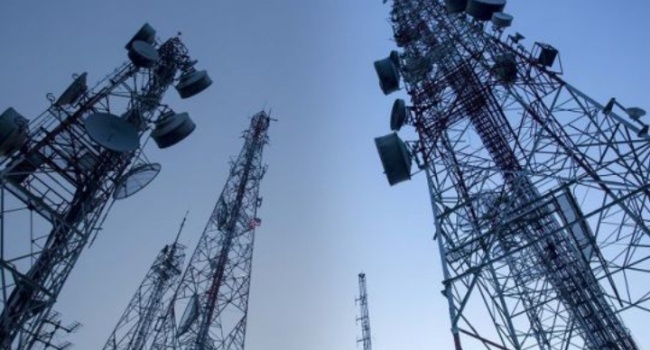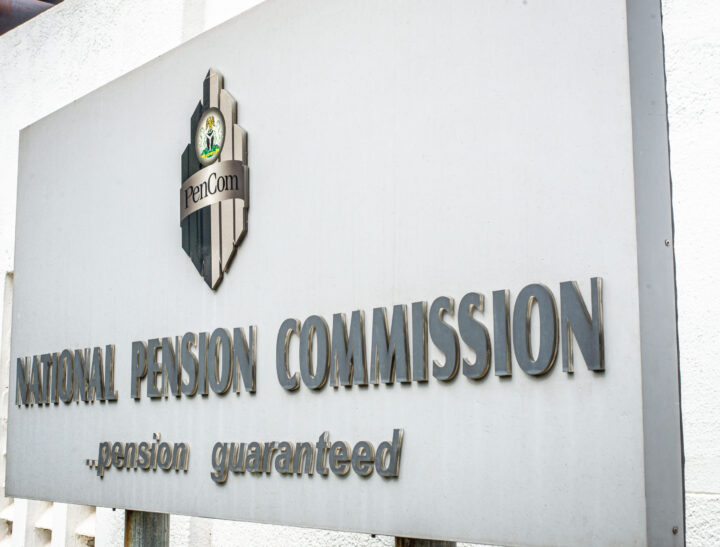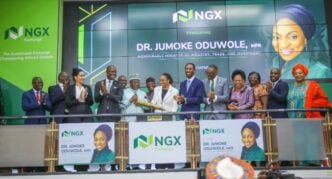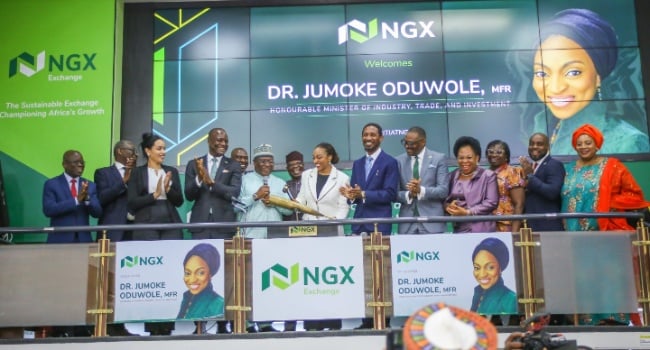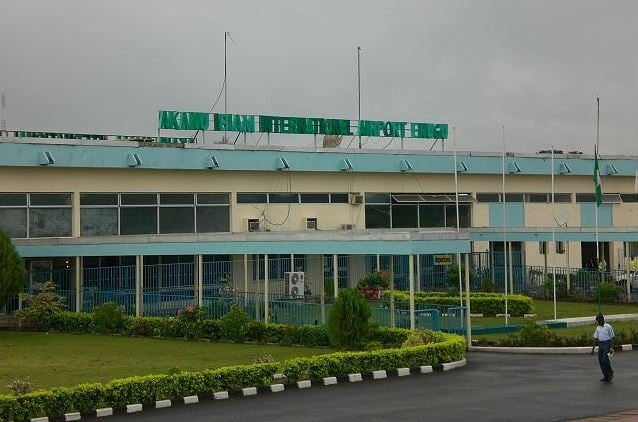Aminu Maida, executive vice-chairman (EVC) of the Nigerian Communications Commission (NCC), has called for the review of the Nigerian Communications Act (NCA) 2003 to bridge digital divide and promote the growth of digital economy.
Maida spoke on Tuesday during a legislative colloquium hosted by the house of representatives committee on communications in Lagos.
Themed “The Nigerian Communications Act 2003: 22 Years After — Challenges, Opportunities, and Future Directions for a Digital Nigeria,” the colloquium brought together lawmakers, regulators, industry players and civil society actors to evaluate the relevance of the law in today’s fast-changing digital landscape.
The EVC said the 2003 Act was a transformative framework that unlocked the potential of Nigeria’s telecommunications sector.
Advertisement
He added that the Act enabled key innovations such as mobile banking, e-commerce, e-learning, and digital communication that transformed the way Nigerians live and work.
Despite the gains, Maida said it continues to face mounting challenges — from limited rural connectivity and high right-of-way costs to rising cybersecurity threats and the need to prepare for technologies like 5G, artificial intelligence (AI), and quantum computing.
“The global telecommunications industry is currently undergoing a seismic shift, driven by disruptive technologies such as 5G networks, artificial intelligence, quantum computing, Internet of Things, blockchain,” the NCC EVC said.
Advertisement
“These advancements promise unprecedented opportunities but also pose complex challenges. In Nigeria, while urban centers enjoy robust connectivity, rural and underserved communities still grapple with limited access, highlighting the persistent digital divide, infrastructure deficits, including inadequate power supply, and the high cost of right-of-way approvals, to mention a few, hinder the expansion of our digital infrastructure.
“Cyber security threats loom larger as our reliance on digital platforms grows, with Nigeria recording a significant uptick in cyber attacks targeting critical sectors.”
He noted that while the NCA was revolutionary at the time of its enactment, the realities of 2025 demand a re-examination of its provisions.
”IT MUST BE REVIEWED IN LIGHT OF CURRENT ECONOMIC REALITIES’
Advertisement
Peter Akpatason, chairman of the committee, said the Act had been pivotal to the development of Nigeria’s telecommunications sector, but its provisions must now be reassessed in light of evolving economic realities and global digital trends.
“The Nigerian Communication Act 2003 has been instrumental in shaping our telecommunications landscape,” he said.
“However, 22 years later, it has become essential to reassess its provisions, identify challenges, and explore opportunities for growth and development in our rapidly evolving digital economy.”
The chairman said the original legislation laid the framework for regulatory reform, opening up vast digital opportunities and redefining how Nigerians live, work, and interact.
Advertisement
He noted that the Act enabled nationwide service delivery, stimulated competition, improved efficiency, and attracted investment.
Akpatason, however, said while exponential progress has been recorded in the last 22 years, significant digital divide remains, with many Nigerians lacking access to digital services.
Advertisement
The lawmaker stressed the need for a regulatory regime that is “flexible and responsive to market dynamics,” and called for targeted strategies to address affordability, infrastructure development, and cybersecurity threats.
“Also, the sector faces increasing cybersecurity threats, which require robust measures to protect citizens and businesses,” he added.
Advertisement
“Therefore, we have to consider strengthening our cybersecurity frameworks, enhancing incident response capabilities, and promoting international cooperation to combat cyber threats.
“We therefore have to consider revising the Act to address emerging issues, such as 5G, artificial intelligence, and blockchain, and to ensure that our regulatory framework is flexible and adaptable to changing market conditions.”
Advertisement
Also speaking, Abbas Tajudeen, the speaker of the house of representatives, said the world has been transformed by digital communication, with its impact evident in market penetration and economic development across sectors.
“The digital economy in Nigeria is rapidly growing with financial inclusion and made possible through digital routing and banking services with payment-through systems that are seamless,” he said.
Tajudeen, who was represented by Ibrahim Isiaka, deputy chief whip of the house, noted that while the country is making steady progress in digital communications, cybersecurity threats continue to pose a significant risk.
The speaker said the colloquium serves as a platform for performance evaluation — an important aspect of participatory democracy that promotes transparency and encourages dialogue on how to address the sector’s evolving challenges.
